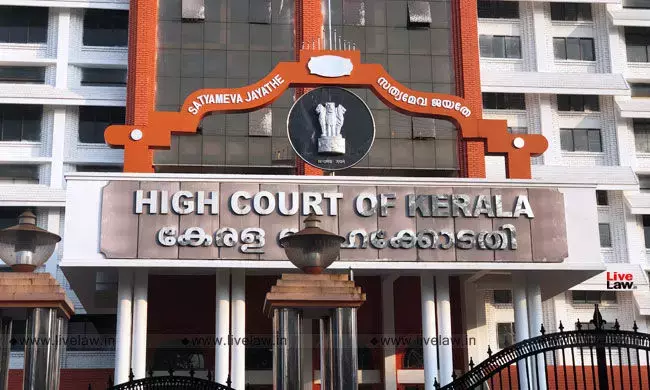Party May Not Press Relief But Can't Prevent Family Court From Finding The Truth: Kerala High Court
Hannah M Varghese
14 April 2022 7:07 PM IST

Next Story
14 April 2022 7:07 PM IST
The Kerala High Court recently held that the master of the proceedings before the Family Court is the presiding officer of the Family Court and not the parties while reiterating that the Family Court is competent to undertake any enquiry to find the truth.A Division Bench of Justice A. Muhamed Mustaque and Justice Sophy Thomas observed that a party may be able to not press the relief sought,...
